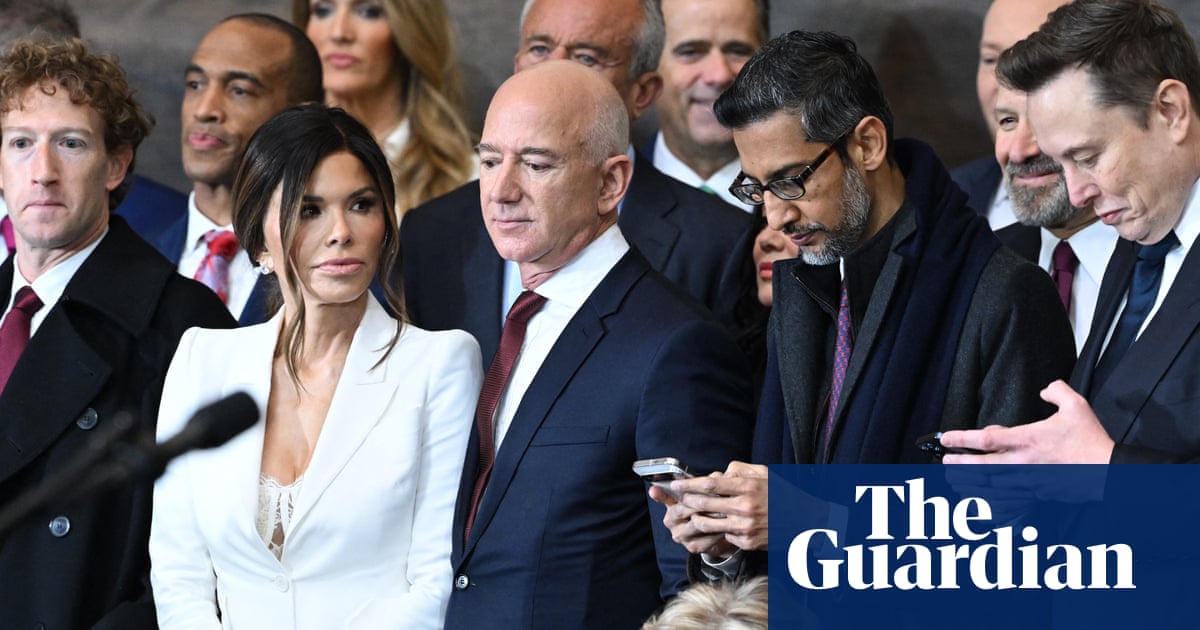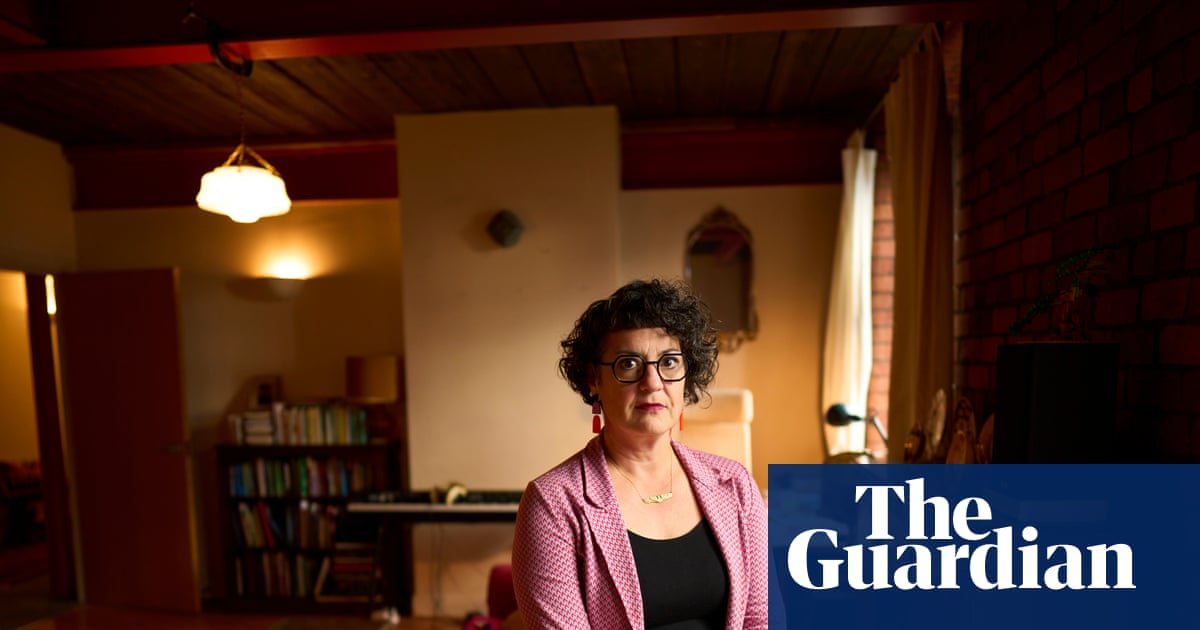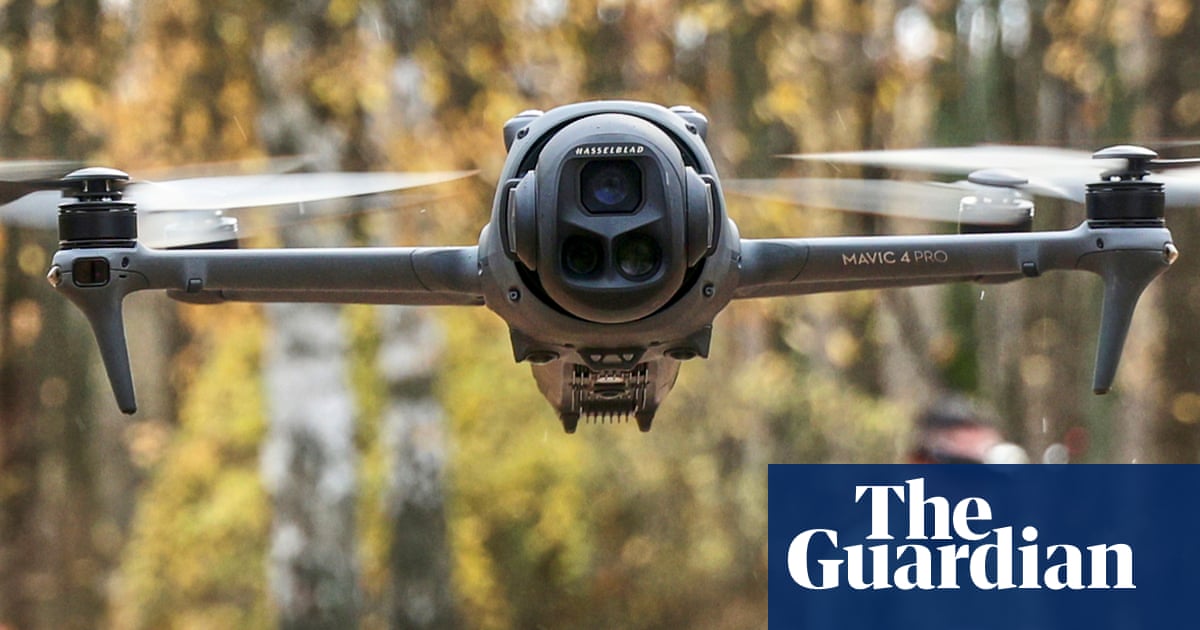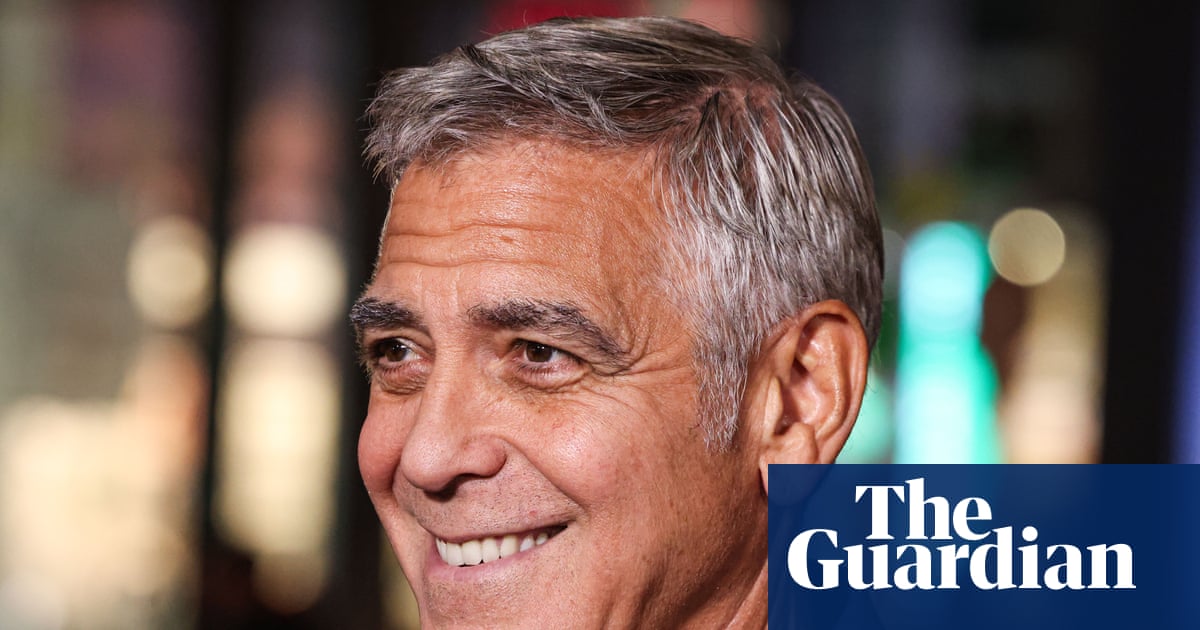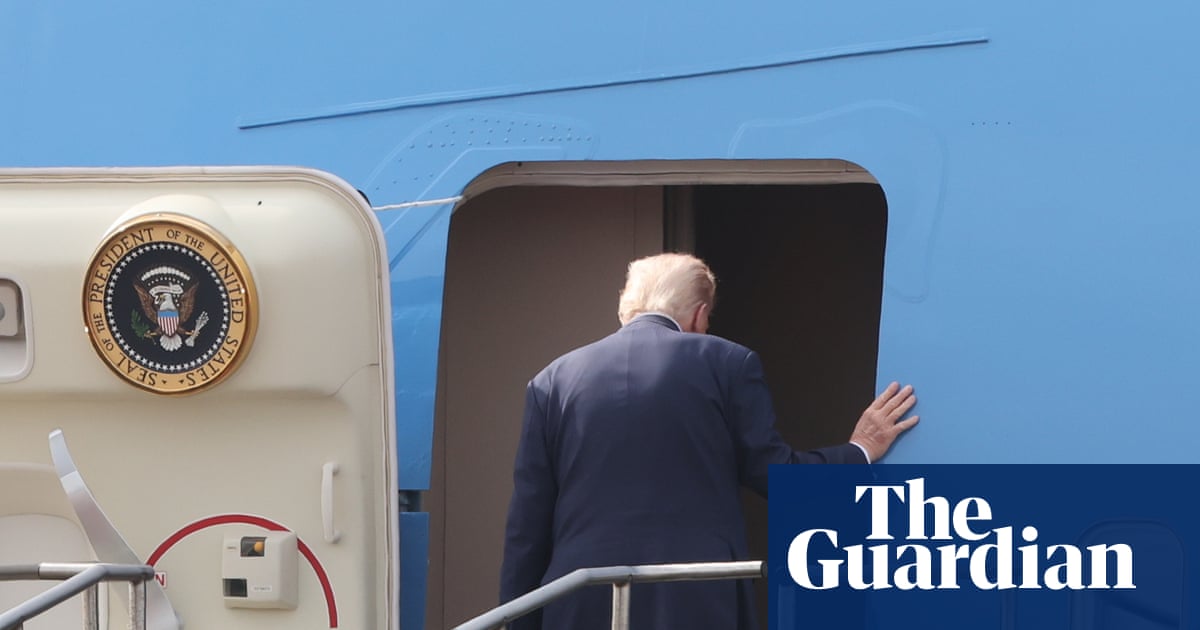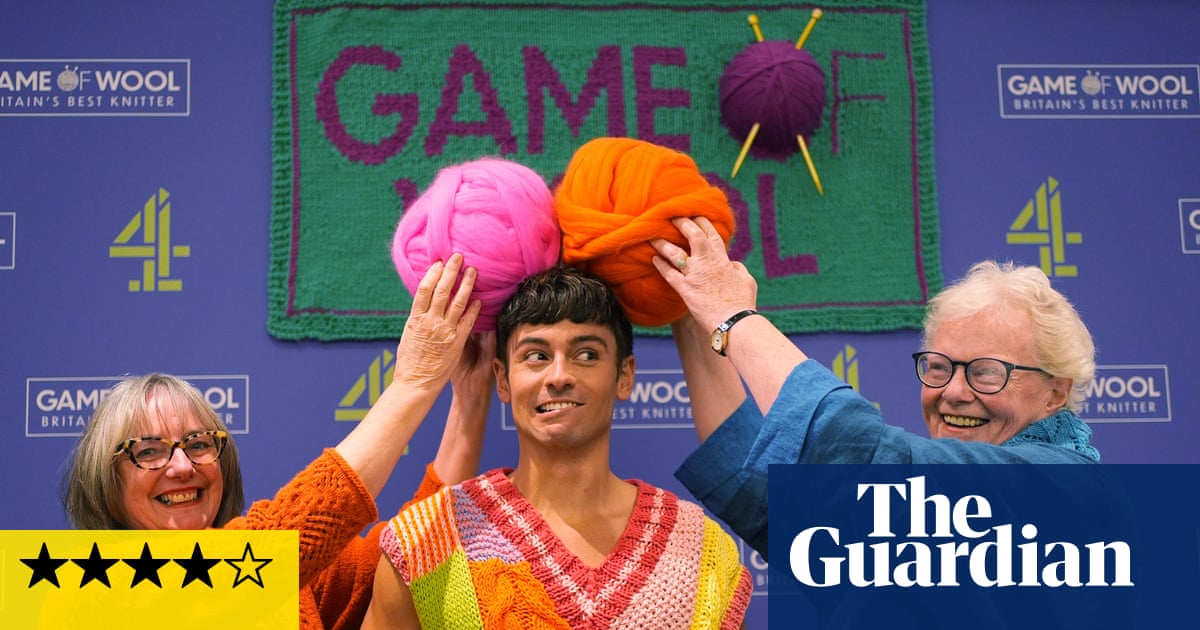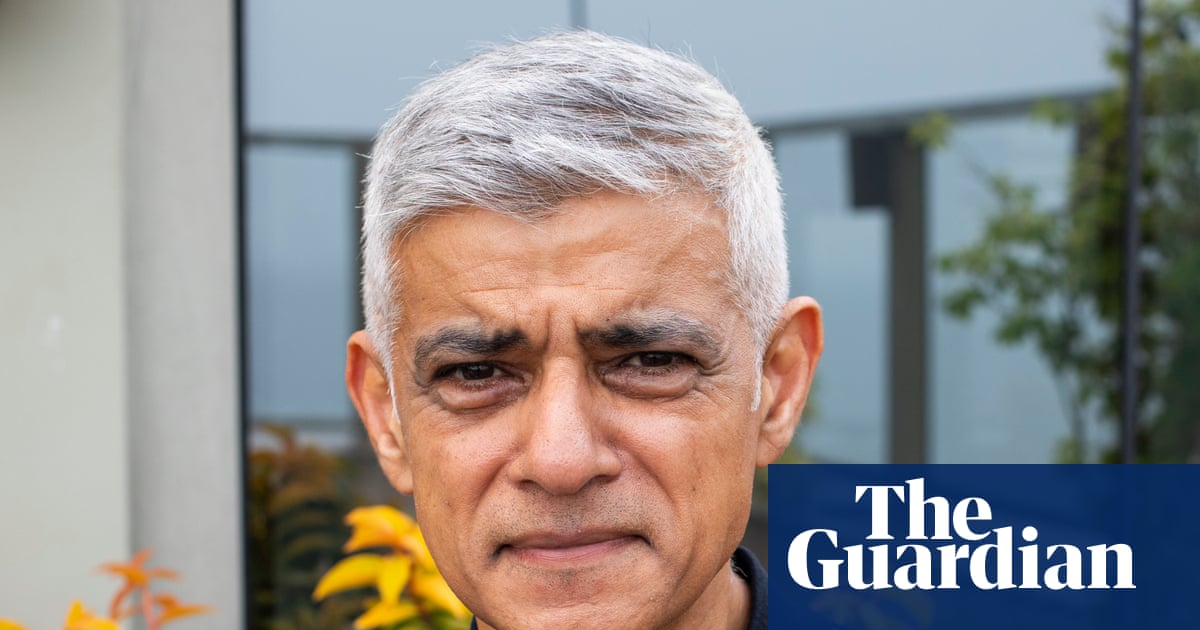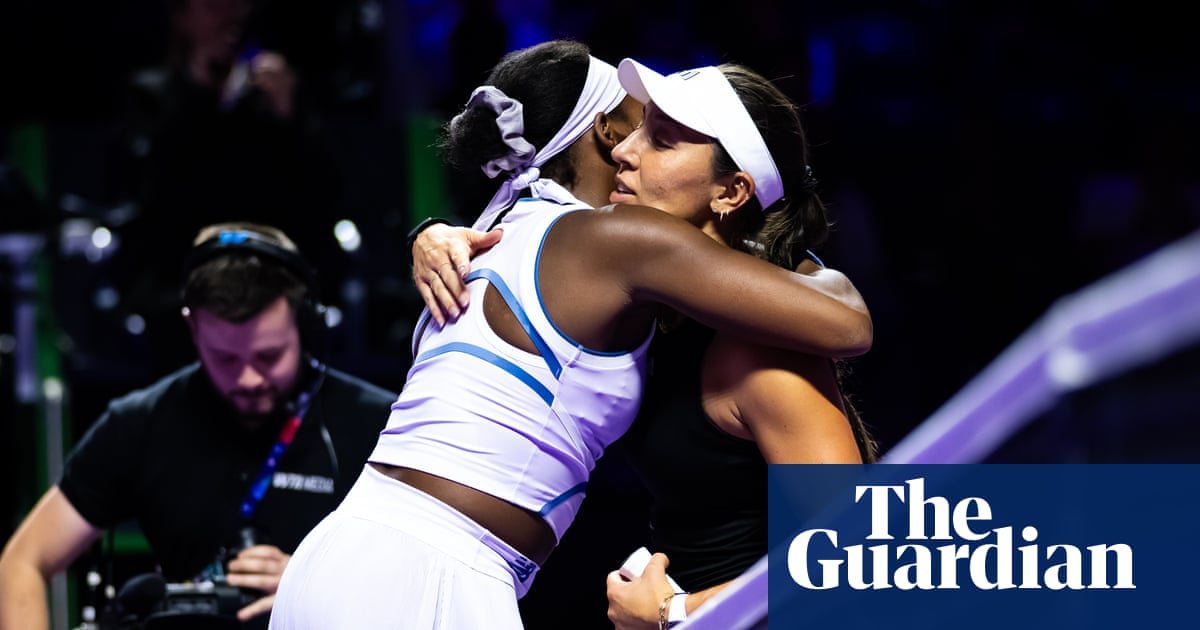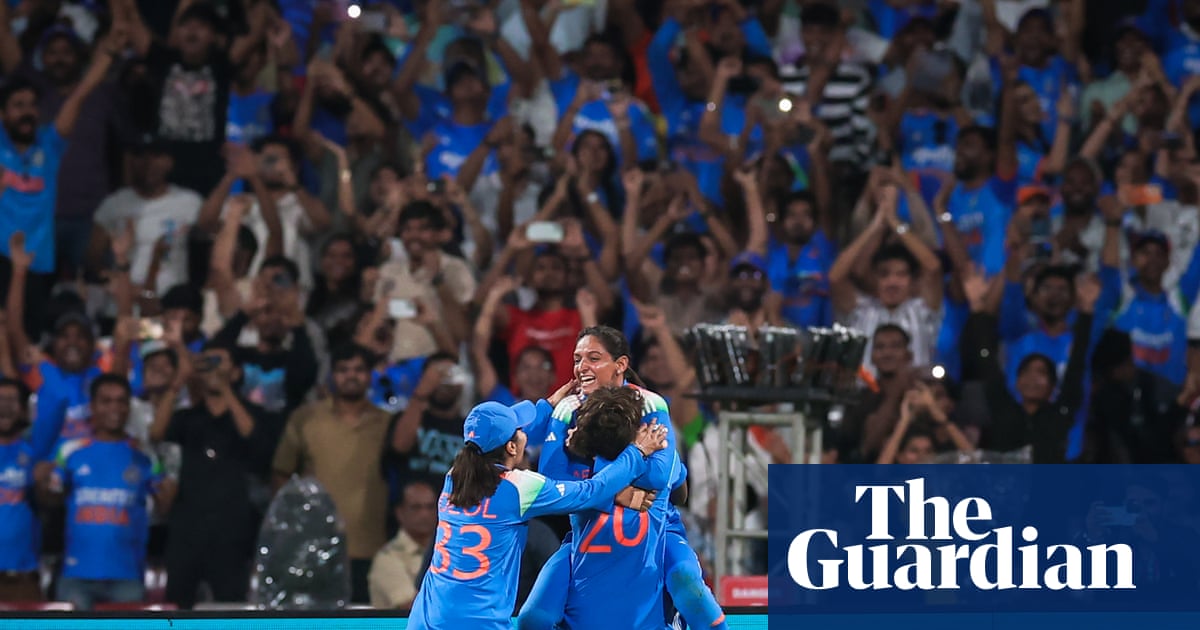For England this is the end of another unrelenting summer. Three Twenty20 internationals over the coming days will make it eight white-ball matches inside three weeks, excluding a rain-abandoned game against South Africa. Jacob Bethell is captain because Harry Brook merits a lie down in a dark room. For Ireland, their opponents in Malahide, north Dublin, it is a radically different story.
“It feels like the start of our winter programme,” says Paul Stirling, the Ireland white-ball captain. “We haven’t played a home international series since the West Indies in June. It feels like we’ve closed the summer.” Those three T20s in Bready three months ago included two washouts, adding to an already shrinking itinerary.
A lack of cricket at home is an ongoing problem. Last year Cricket Ireland called off a tour by Australia, and Afghanistan’s visit this summer was also cancelled, the governing body citing “financial reasons”. With no permanent stadium infrastructure, the costs of transforming club grounds into international venues has been a major stumbling block.
“We effectively have to build everything,” says Warren Deutrom, who stepped away as CI’s chief executive last month after 19 years in the job. Up go the temporary stands for England’s visit.
Yet these cancellations come as CI’s annual income jumped from €10.2m to €16.4m in 2024 thanks to increased funding from the International Cricket Council. Deutrom’s retort is that the governing body has had to direct more attention to other areas of the sport.
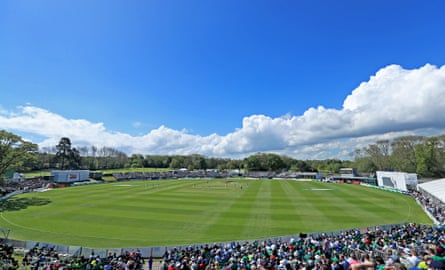
“Off the back of the new ICC funding that came into this cycle, our board made the very tough decision that said: ‘Look, we can’t keep focusing all of our resources on the men’s international game.’”
Deutrom points to investment in the women’s game: “We take our obligation extremely seriously to be a full member that is as serious about ensuring the development of our women’s international team as much as it is our men’s international team.” Growing professionalisation has helped Ireland women to win 26 of their past 30 T20s, including a first victory against England (albeit a second-string XI) in the format last year.
Attention has gone towards facilities as CI is due to co-host the 2030 men’s T20 World Cup with England and Scotland. Last year brought the major announcement of government approval to develop a stadium in west Dublin, with the intention that it is ready for the tournament. “Inevitably we’ll have some temporary infrastructure costs at a new stadium, but nothing like that [in Malahide],” Deutrom says about the project. CI says the majority of funding will come from the Irish government.
“I’ve always felt that the lack of permanent infrastructure marked us out as a minnow sport in Ireland. We’re now going to be able to say: ‘This is us, this is our home.’”
However, a short-term concern remains. In January it was announced that the ICC had sanctioned the European T20 Premier League (ETPL), a new franchise tournament pushed forward by CI alongside the boards of Scotland and the Netherlands, in partnership with an Indian company called Rules Sport Tech and with the Bollywood actor Abhishek Bachchan on board as an investor.
It mirrored a league CI had tried to launch in 2019 with other organisers, the Euro T20 Slam. Primed to give Irish and associate players a platform with matches in Amsterdam, Dublin and Edinburgh, the Slam even had a player draft. Eoin Morgan was signed to represent Dublin Chiefs but never did face Rotterdam Rhinos and Glasgow Giants. The tournament, short on funds, was called off two weeks before its start.
Bachchan and Deutrom gave interviews at the start of the year promoting the ETPL, envisaging that the first edition of the six-team men’s tournament would begin in July. But there were few other details to share, with no franchise owners to reveal. An inevitable postponement to 2026 was confirmed in June. Another event was rubbed off the players’ calendars. CI, meanwhile, had projected in their 2024 accounts that the ETPL would provide “a strong commercial income on an annual basis”.
after newsletter promotion
That same month brought the news of Deutrom’s resignation, ending a tenure that oversaw Ireland’s rise from World Cup giantkillers to the exclusive club of Test nations. “It was entirely my call,” he says, when asked if the decision was his own. A key part of it, he claims, was to dedicate more focus to the ETPL. Deutrom remains the league’s chair, unwilling to let this dream die, yet he admits his future on the board remains uncertain. “I so firmly believe in this as a concept,” he says, adding his desire to one day see franchise teams in Italy and Germany.
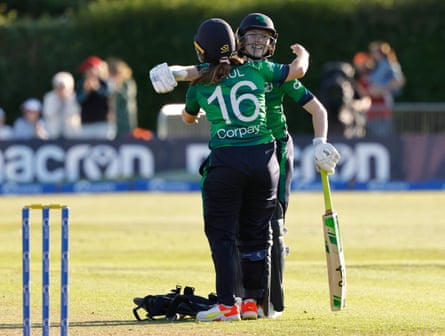
Deutrom says the league realised its “timelines were too ambitious” in trying to launch this year. Oakvale Capital, a financial advisory group, has been enlisted “to hopefully do what Raine Group so successfully did for the ECB” – a reference to the advisers who helped the England and Wales Cricket Board to sell its Hundred teams. “We are engaged with IPL franchises,” Deutrom says.
But will this imaginative concept ever amount to anything after a series of embarrassing postponements? The players, meanwhile, wait for some action. “Until that ball is in the opening bowler’s hand and the batter’s put his pads on, there’s no point in focusing on it too much,” says Stirling.
“We really hope [the ETPL] does happen. It’s probably one of the single most important things for us as a T20 team if we’re going to get any better.” Overseas coaches and players sharing their knowledge will “improve the whole system from top down”.
Stirling cannot properly assess where his side are at as they welcome England, a reminder of this contest’s structural inequality. He lists out all the cricket Ireland’s opponents have played in recent months, including the Hundred. “They’ll be at the complete opposite end of the spectrum.”

.png) 1 month ago
28
1 month ago
28
